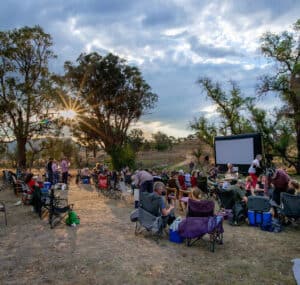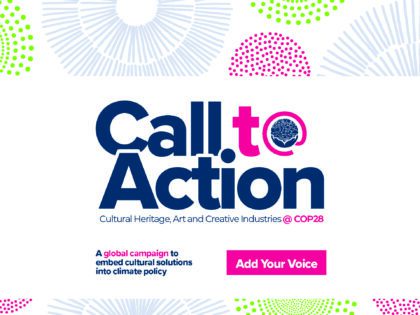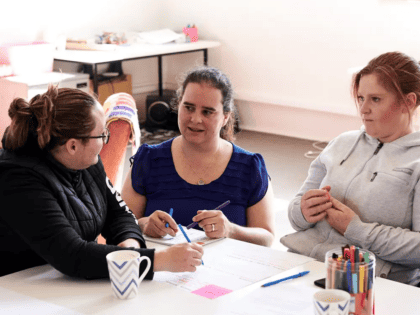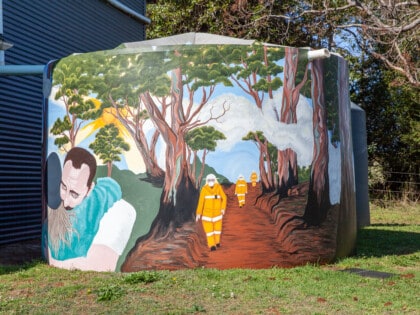News & Events
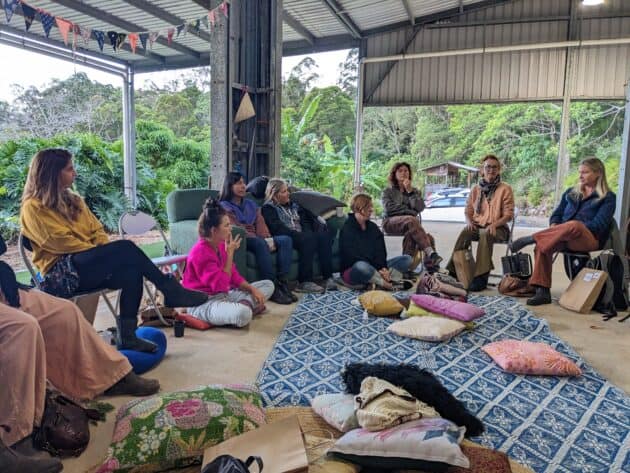

Creative Australia Report: Training and sustaining arts for mental health workers
Creative Recovery Network is one of the key partners for a new platform of research released by Creative Australia that identifies the professional development and support needs of artists working in mental health and wellbeing contexts, with a view to improving the safety and sustainability of this area of practice.
Creative Solutions: Training and sustaining the arts for mental health workforce sits within Creative Australia’s wider work on the relationship between arts, health and wellbeing. Creative Recovery Network was one of three organisations currently delivering arts for wellbeing programs who collaborated on the research alongside Wesley Arts, which is part of Wesley Mission Queensland and the Big Anxiety Research Centre at UNSW. Research was conducted between July 2022 – June 2023 and will also inform the development of the respective programs.
While previous Creative Australia report Creating Wellbeing: Attitudes and engagement with arts, culture and health provides evidence of public support for arts programs addressing health and wellbeing, and Connected Lives: Creative solutions to the mental health crisis presents policy recommendations for how to better embed arts and creativity in programs, this report considers what we need to better equip the sector to do this work.
Key findings
- There is an urgent need for models of professional supervision and/or a community of care. At present, independent practitioners are often working in isolation, without organisational support or sufficient pastoral care, and in environments that are highly challenging and complex.
- Mentoring is a highly valued source of training in arts for wellbeing practice, providing a structured means of sharing knowledge with attention to the specifics of program context. Mentoring is currently a common source of training for many arts and wellbeing practitioners and could be scaled up and formalised with additional support.
- There is a tension between the importance of program and participant context and the need for standards with which to upscale. One way to address this would be to design a principles-based framework that is flexible enough to cover a range of program contexts. The United Kingdom’s recently announced Creative Health Quality Framework developed by the Culture Health & Wellbeing Alliance provides a useful international reference point here.
- There is a need for this work to be funded beyond a project basis in order for it to be safe and sustainable. Project funding reduces capacity for forging long-term relationships and limits opportunities for training, up-skilling, and structured work programs. The nature of time-limited contracts and lack of consistency in roles also create ethical dilemmas and psychological costs for practitioners.
- In Australia, arts and health as an industry lacks leadership, policy and resources. A peak organisation, or perhaps an alliance, may serve to provide this kind of knowledge and leadership, providing a site through which to network, develop shared practice frameworks, and to provide the visibility required to attract further investment.
SUBMIT YOUR CASE STUDY
